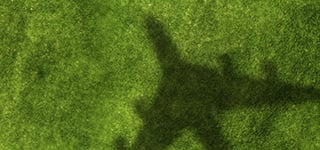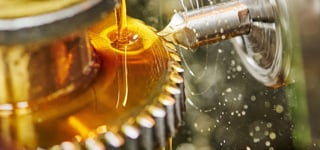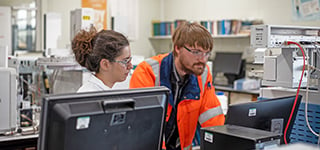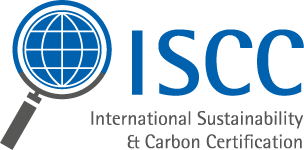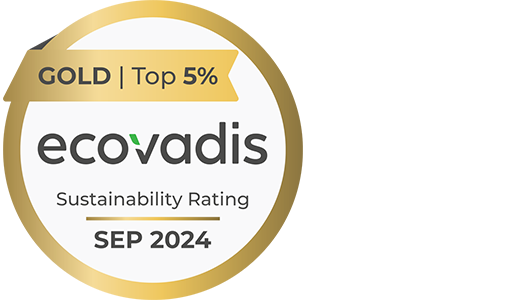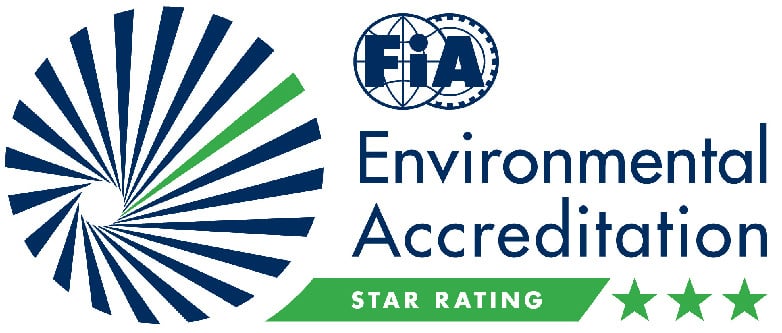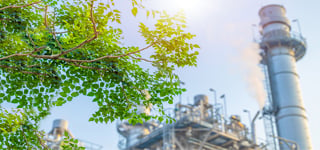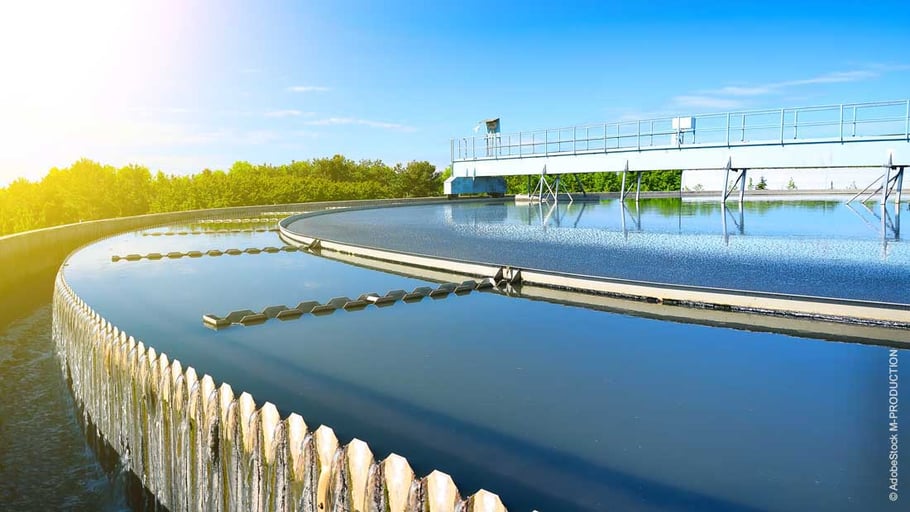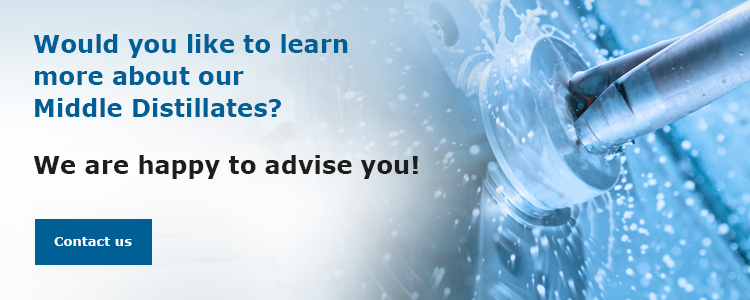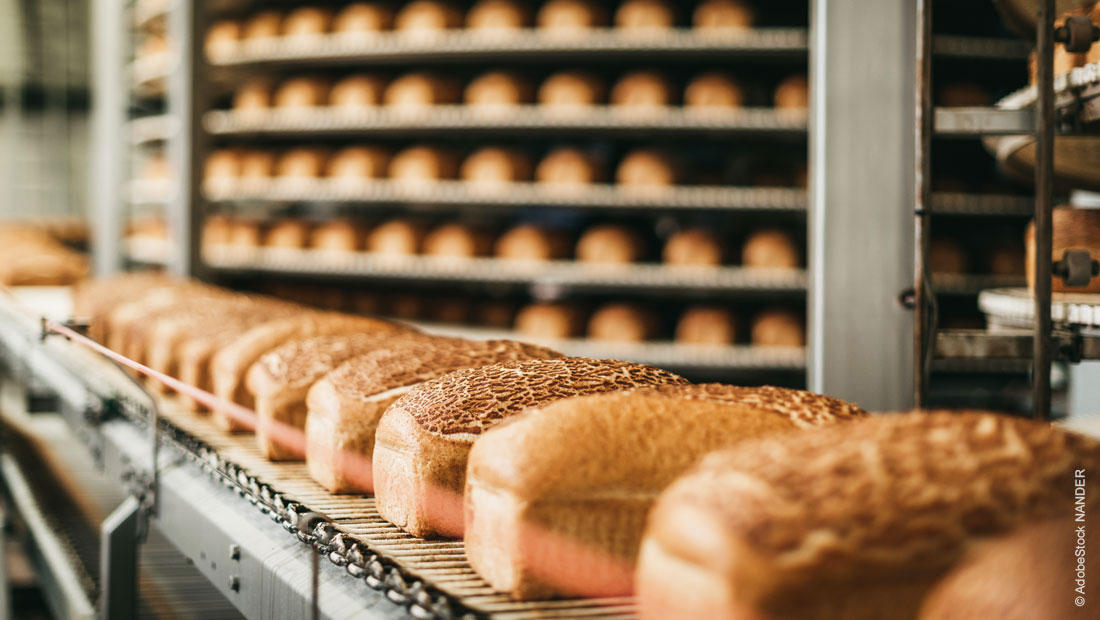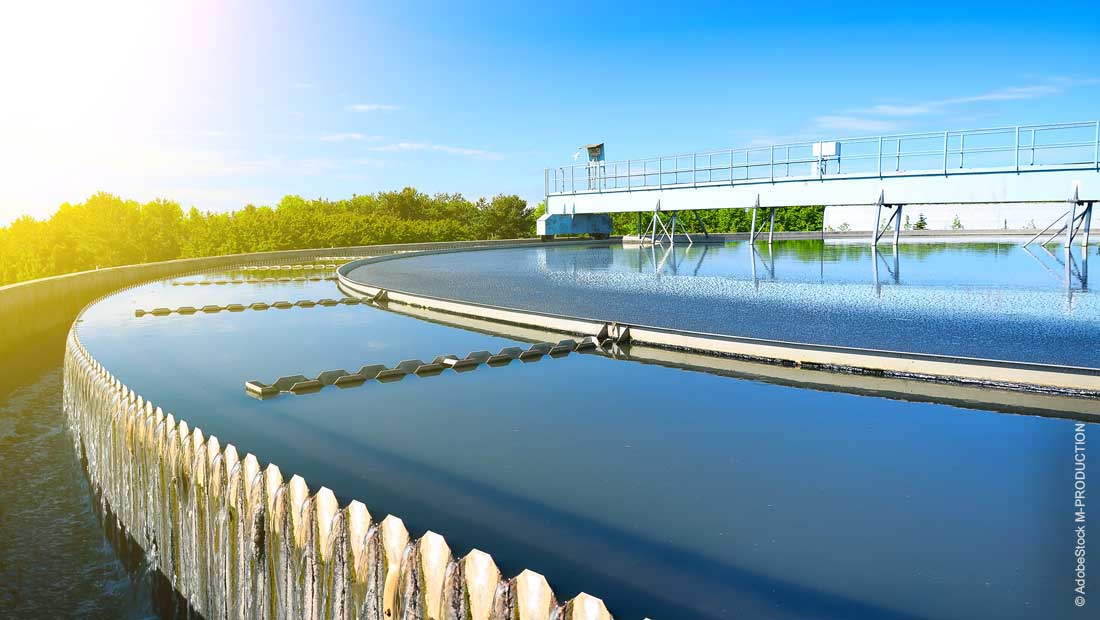Water management is a key component of greater sustainability for industry, as well as for local communities and cities. In addition to reducing water consumption, a major focus is on reuse and therefore on water treatment. Various processes help to purify the water in the respective wastewater treatment stages and return it to the water cycle. Flocculation plays an important role in this - find out why here.
Wastewater treatment plants - important resource savers
As the most valuable commodity for survival, but also as process water in industry and agriculture, water is a resource that needs to be conserved and protected. The importance of modern wastewater treatment becomes evident when you see how much the EU Commission has also focussed on the topic of water and wastewater in the last few years, and how much it has implemented through regulations such as the EU → Water Framework Directive (europa.eu), the → Urban Wastewater Directive (europa.eu) and the Drinking Water Directive, → EUR-Lex - 32020L2184 - EN - EUR-Lex (europa.eu), with the aim of improving quality, resource protection and availability. Water treatment therefore has an important, if not vital, task for all of us. Modern wastewater treatment plants make an effective contribution to conserving resources and, in the best case scenario, operate in an energy-saving and climate-friendly manner using the latest technologies.
How does water purification actually take place in wastewater treatment plants?
In a wastewater treatment plant, the water is purified in three or four purification stages and then returned to the water cycle.
Purification stages of water treatment:
- The first purification stage removes coarse solids such as paper, waste, leaves or branches and is mainly based on physical purification.
- The removal of fine solids and dissolved impurities takes place in the secondary treatment stage, in which microorganisms can be used. This is why it is also called the "biological treatment stage".
- Sewage sludge is produced here, some of which is precipitated with the aid of flocculants and flocculation aids. This is particularly the case if the sludge-forming particles are difficult to settle and the retention time in the corresponding tanks and stages would not be sufficient. This treatment takes place in the third purification stage, which is realised using customised additives. For this purpose, the pH value of the water must occasionally be adjusted in order to optimise the precipitation reaction.
- A fourth stage usually follows. Here, methods such as ozonisation or activated carbon filtration can be used to remove microplastics or drug residues, for example.
Water treatment methods and processes:
In water treatment, various methods and processes are combined and also used, for example, to remove phosphorus or nitrates in order to prevent eutrophication (nutrient enrichment that can lead to algal blooms) in water. These include, for example:
- Oxidation
- Precipitation
- Flocculation
- Filtration
- Neutralisation
- Disinfection
Stay informed with our Blog!Subscribe to our blog and benefit from regular information on sustainable hydrocarbons, research & development and supply chain management: |
Flocculation - an important process in water treatment
The processes used have important functions and are adapted depending on the nature of the water to be purified.
Nevertheless, flocculation plays a crucial role: In the water to be purified, particles with the same charge repel each other due to their zeta potential and form stable emulsions or suspensions. Aggregation or agglomeration of particles, which would ultimately lead to sedimentation, effectively does not take place. The settling of solids, which usually also contain dirt particles, is important in order to achieve separation of solids and purified water - an important, central process.
By adding flocculants and flocculation aids, the repulsive forces between (dirt) particles are minimised, thereby binding smaller, undissolved solids into larger flocs. These can then be filtered out of the clarified water. Rapid floc formation therefore makes a significant contribution to water treatment.
Time-saving & cost-efficient - how flocculation creates added valueVarious polymer flocculants are widely used in the flocculation process. These are polymers that swell in water, absorb the finest impurities and accelerate their removal from the water. With special technology and correct dosing, they contribute to efficient and cost-effective wastewater treatment. Especially when time and costs are an issue, polyacrylamides, for example, are added as an emulsion and accelerate clarification considerably. |
More information can be found in the following blog articles:
- Water treatment: Conserving resources for the most valuable feedstock
- Water treatment: New Pilot® oils for flocculants
Conclusion
Wastewater treatment plants are extremely important for sustainable water management. Industrial wastewater or municipal wastewater with inputs from certain industries can pose particular challenges. Various purification processes using precipitants and flocculants play a key role in making wastewater usable again. Flocculation with polymer flocculants can provide advantages in terms of process acceleration and cost structure. Haltermann Carless offers a range of modern → Pilot® oils that are particularly suitable for polymer flocculants.


